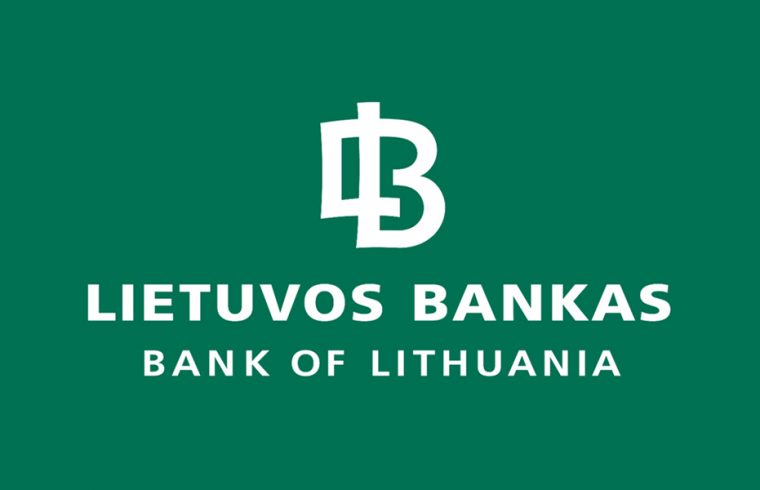The Bank of Lithuania suspended the activities of SatchelPay, UAB by prohibiting it to issue electronic money and provide part of its payment services. The decision was based on the fact that the electronic money institution has failed to provide the mandatory financial data on its activities since the beginning of 2019.
“Lithuania is aiming to become a regional fintech hub by creating favourable conditions for financial market participants. However, we take a zero-tolerance approach to any risky and irresponsible activities. We have always emphasised that start-ups must concentrate not only on business development but to invest in risk control measures, while taking into account the volume and complexity of their activities, as well as to ensure proper compliance with legal requirements,” said Vytautas Valvonis, Director of the Supervision Service at the Bank of Lithuania.
By the decision of the general meeting of shareholders, SatchelPay, UAB, like any other electronic money institution, was obliged to approve the set of audited annual financial statements, make a decision on profit distribution and inform the Bank of Lithuania thereof no later than by the beginning of April 2019 (within 3 months after the end of the financial year). Although the supervisory authority has repeatedly sent it reminders and warnings on the delay, the institution only approved the set of reports at the end of July, when the infringement procedure had already been initiated. SatchelPay, UAB has not yet submitted its financial and capital reports for the first and second quarters of 2019.
Thereby SatchelPay, UAB violated the Republic of Lithuania Law on Financial Institutions, Law on Electronic Money and Electronic Money Institutions as well as other legal acts. As a result, the Bank of Lithuania suspended the institution’s activities – it will be prohibited to provide certain payment services and issue electronic money until it submits the needed reports and fulfils other requirements. The institution will only be able to redeem the existing electronic money and transfer the received funds to customer accounts with another credit, payment or electronic money institutions, as well as to provide cash withdrawal services from payment accounts.
“Market participants are required to provide the Bank of Lithuania with certain information on their activities and finances in order to assess their financial position and determine whether they are able to provide services and adequately protect customer funds. However, these requirements have not been heeded by SatchelPay, UAB and the Supervision Service of the Bank of Lithuania will never tolerate such infringements. In addition to the restricted activities, we will also evaluate whether the current manager of the institution is eligible for this position,” said Mr Valvonis.
The Bank of Lithuania obliged SatchelPay, UAB to provide it with the financial and capital reports for the first and second quarters of 2019 by 9 August and submit a remedy plan for the remaining shortcomings indicating the specific deadlines and the responsible persons by mid-August 2019. The institution will also have to provide information on its internal (administrative, risk management and accounting) control systems.
By 2 September, the institution is required to provide evidence on the fact that the manager Thomas Noel Collister Jackson has the adequate qualification and experience for this position. The Bank of Lithuania will decide on further steps only after having assessed this information. By that time, the restrictions imposed on the institution’s activities will remain in force.
During this period, SatchelPay, UAB will also be restricted in its access to the Bank of Lithuania’s payment system CENTROlink which allows its participants to conduct SEPA credit transfers, provide direct debit services and make instant payments.
SatchelPay, UAB was issued an electronic money institution licence in early March 2018. According to the end-of-2018 data on companies’ income, it was ranked 17th out of the 49 operating electronic money institutions.












